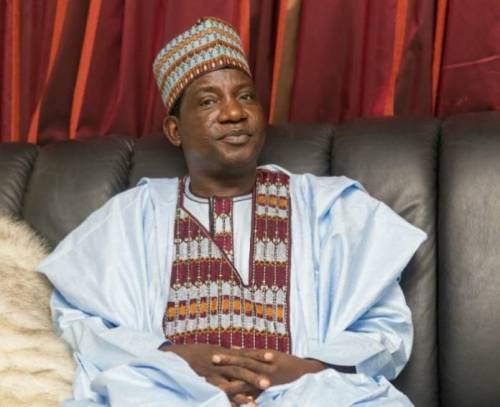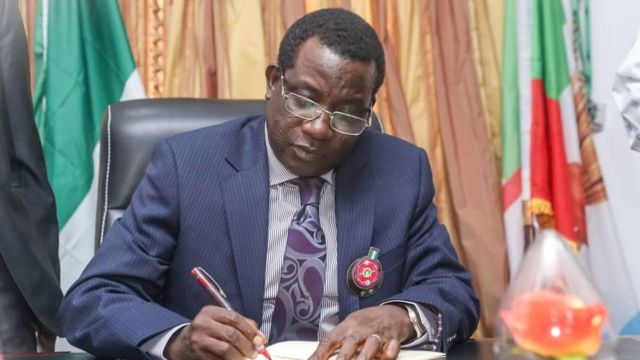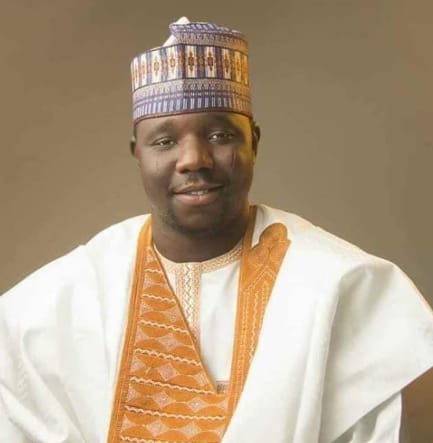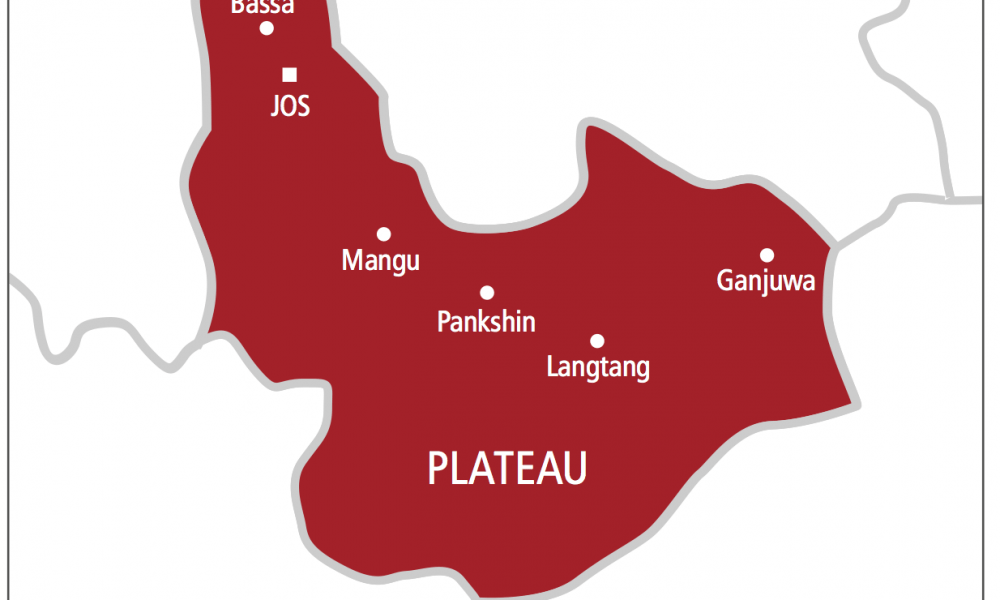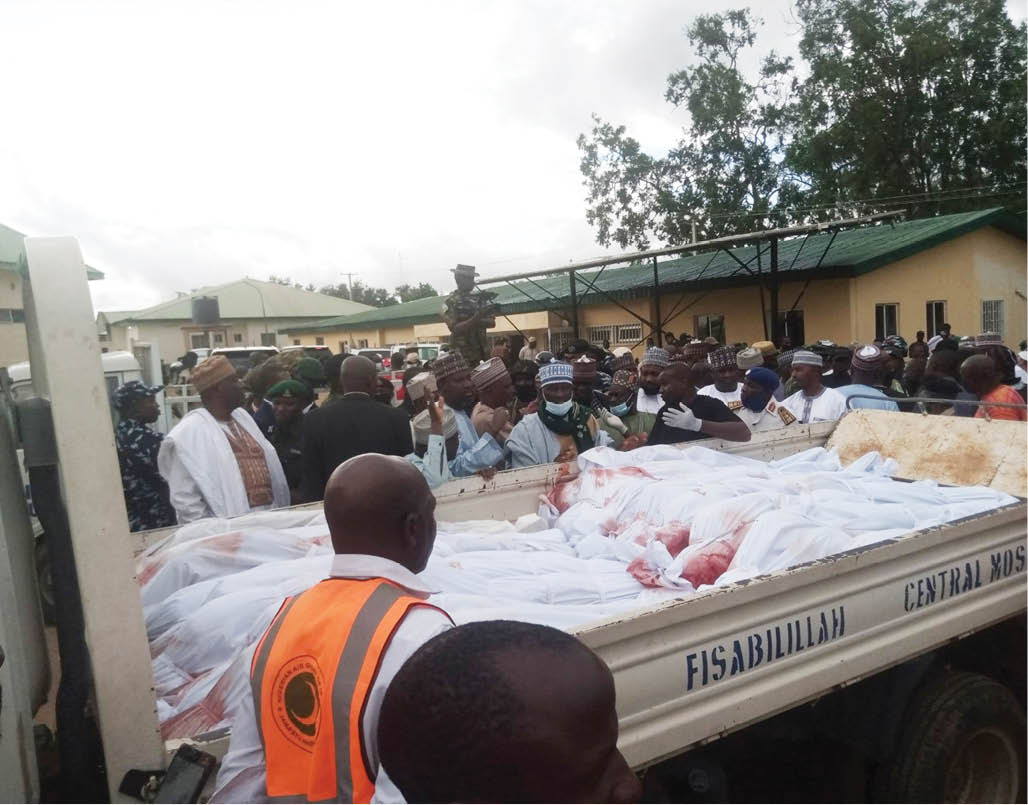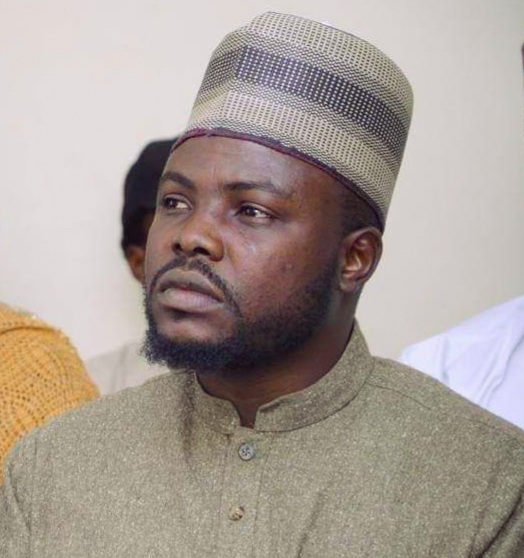2023 elections: Kannywood members join APC presidential campaign team
By Muhammadu Sabiu The All Progressives Congress, APC Campaign Council’s Director-General, Governor Simon Lalong, has approved select Kannywood members to join the council ahead of the 2023 presidential election. Lalong…

